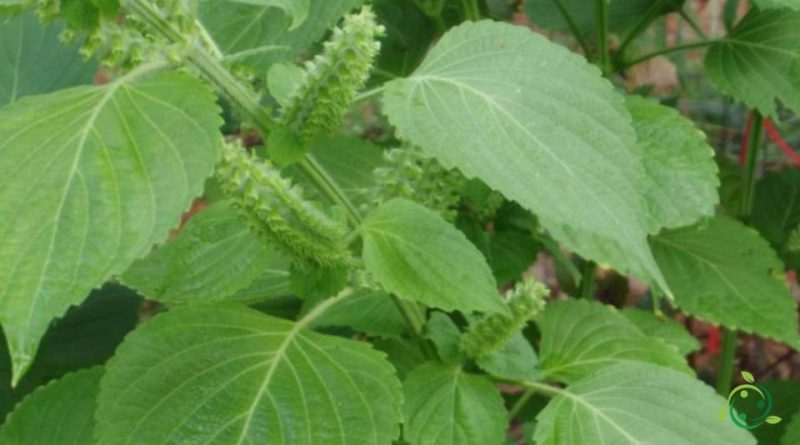How Perilla propagates
How Perilla propagates
Perilla (Perilla frutescens (L.) Britton) is an annual herbaceous plant of the Lamiaceae family.
This plant is widely grown in China, Japan and Korea, as well as India and Vietnam.
It is a plant that is grown for both medicinal, ornamental and horticultural purposes and is similar to mint and basil.
In this contribution we see how to propagate the perilla while for the details of the cultivation technique, see the following sheet.
Propagation –
Perilla is an easy to grow plant; in fact the small and round seeds germinate without problems and the growth is quite fast.
Sowing can be done directly in the home or, if you want to anticipate production, in a container or in an unheated greenhouse. The plant tolerates transplants very well.
For sowing in seedbeds it is advisable to prepare a soil consisting of one part of sand and one part of peat.
The seed is covered with a few millimeters of substrate and irrigated at least three times a day, before germination and then reduced to twice (evening and morning). It is also advisable to shade the plants during the germination phase to facilitate this phase.
Once grown, the plants have robust stems, the leaves are opposite and in the variety type heart-shaped and serrated. The flowers, white and small, on spikes about ten cm long, grow in the late summer in the apical area
Use in the kitchen and therapeutic properties –
Perilla frutescens is a plant rich in antioxidants, iron, vitamin C; it is of great help in supporting the immune system.
Its medicinal use finds application in cases of bronchial asthma, chronic bronchitis, colds, coughs; Asian herbal medicine makes extensive use of it, also extracting an oil rich in beneficial properties
Furthermore, its food use lends itself to various interesting preparations ». Excellent in salads, it is also used cooked, in soups or to prepare rolls.

